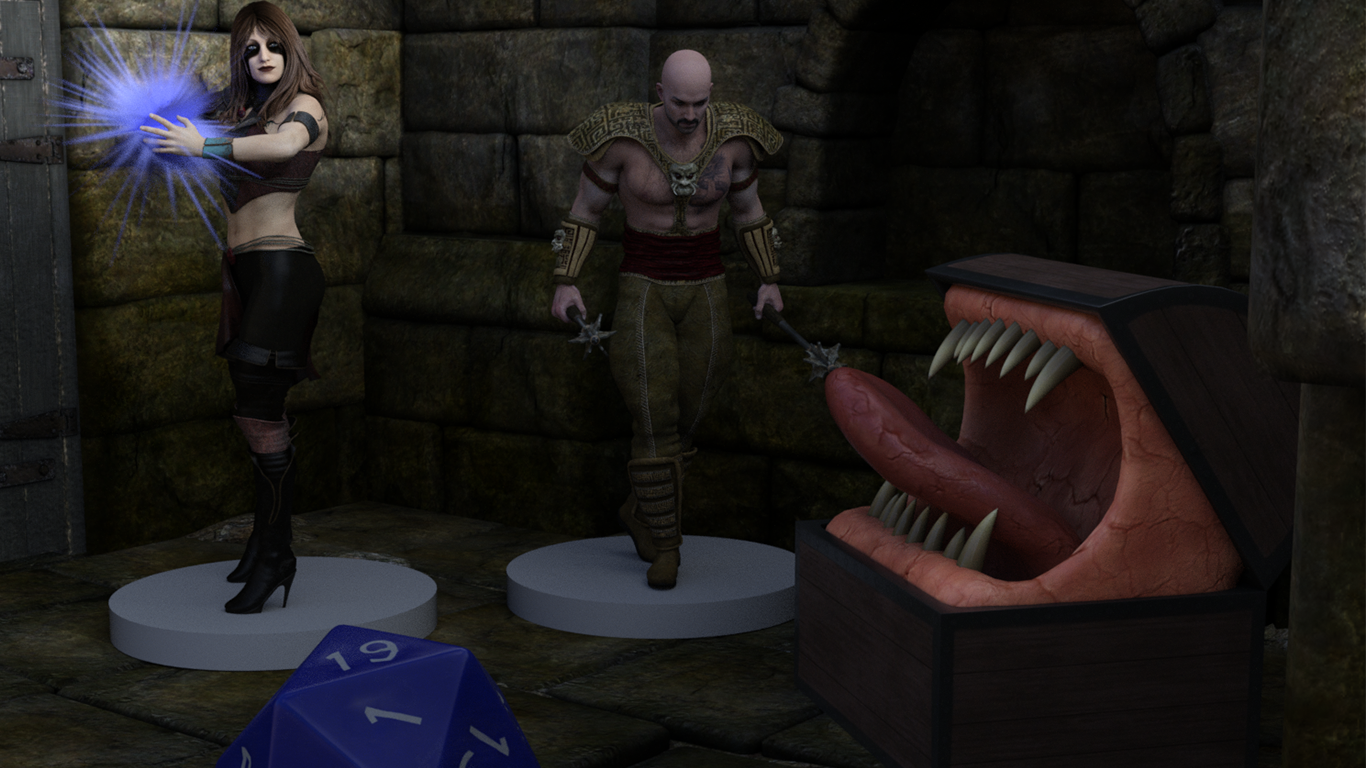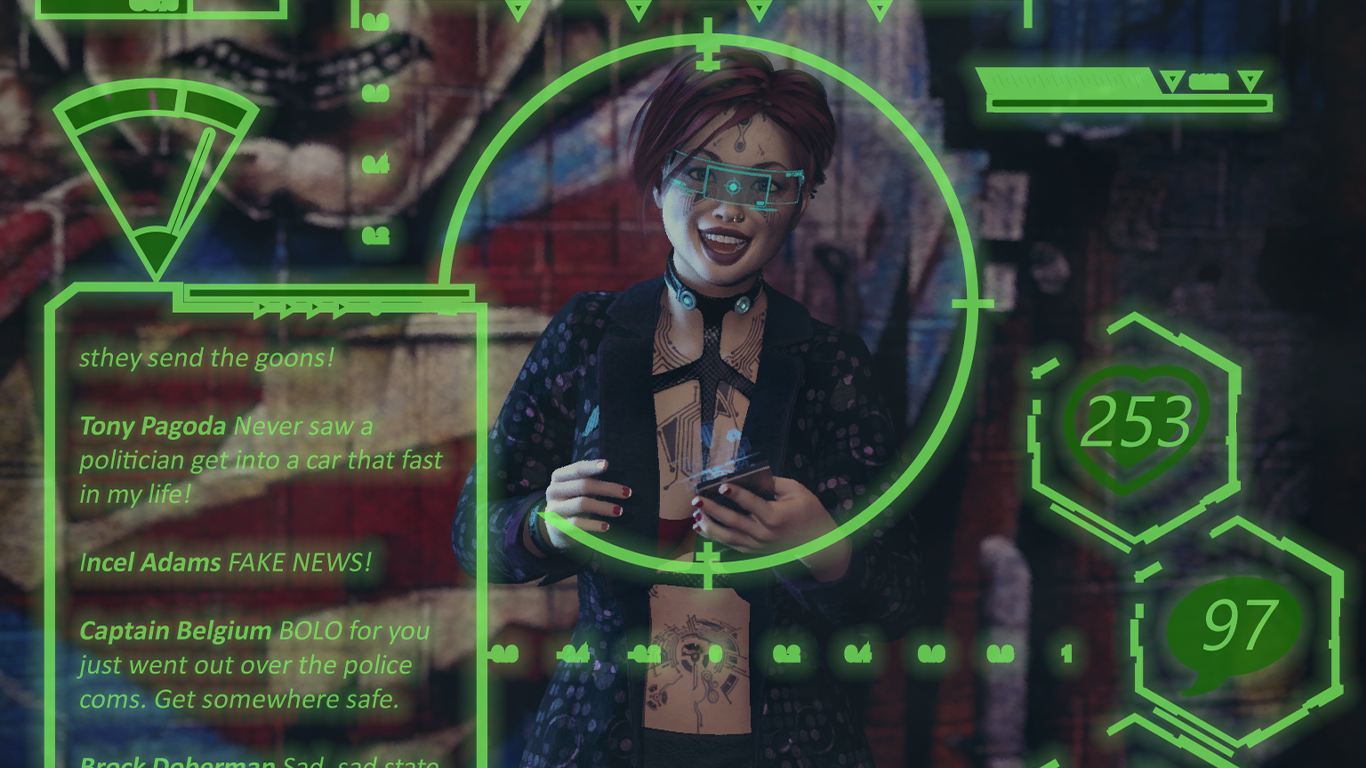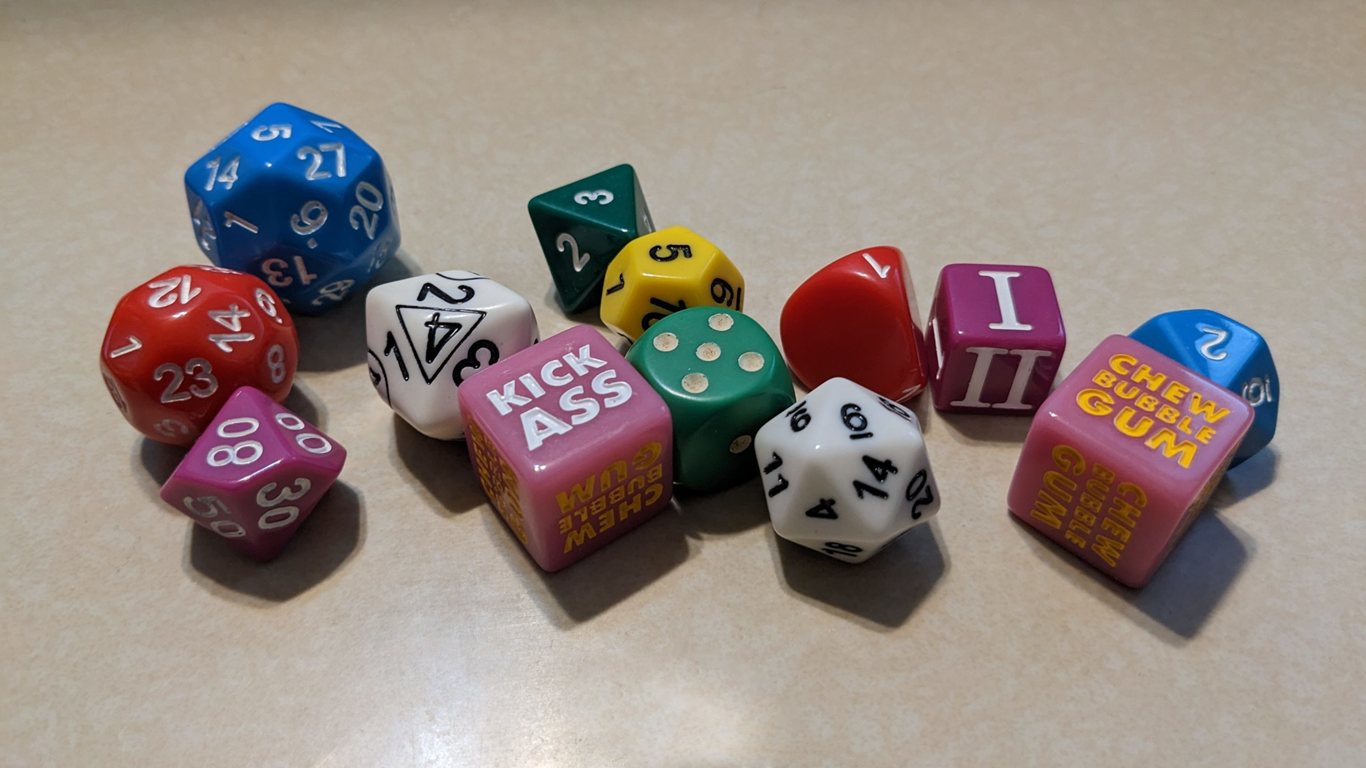We may earn money or products from the companies mentioned in this post.
Over the last year or so, I’ve seen several references to and discussions about “hard” and “soft” magic systems. Author Brandon Sanderson coined these terms to describe world builders approach magic. Basically, soft magic is vague and open to a lot of hand-waving and interpretation by the author. Soft magic works best when magic is a background element used to creates and a sense of wonder. A hard magic system is more rigidly defined, with clear rules about how magic works. Hard magic tends to work better when magic and wizards are central to the story. It provides the kind of “nuts and bolts” feel that operational procedures and gun calibers give Tom Clancy fans.
Science fiction has used the “hard vs. soft” distinction for decades, so applying it to magic seems obvious now that Sanderson’s said it out loud. The next obvious step is to apply it to other things. As is often the case, crime fiction provides a good starting point.
The Boys In The Lab
When I was growing up, forensic science was something that happened off screen. When the cops found a piece of evidence, they sent it to “the boys in the lab.” The results that came back either moved the plot along or confirmed what the protagonists already knew. You can call this “soft forensics.” In 2000, CSI popularized the “hard forensics” era that continues to this day. In these shows, the lab boys are the protagonists and the cops are the bit players. Instead of car chases and gunfights, the heroes spend their time forming hypotheses and doing experiments. The science in these shows follows a clear (if not always realistic) set of rules, procedures, and genre conventions.
I think it might be useful to apply the “hard vs. soft” model to game systems.
Vocabulary
I’ll start by defining a few terms as I will be using them here. I don’t really follow RPG theory, so my definitions might differ from the standard usage.
- Point of Contact: A direct connection between the rules of the game and the realities of the ficton. Let’s say that warriors in the game world value adamantium weapons for their ability to pierce through armor. A game rule that reduces the effectiveness of armor against adamantium weapons is a point of contact.
- Crunch: The prevalence of points of contact in the game. More abstract games are usually less crunchy.
- Gameplay: Deriving enjoyment from the game elements of play experience (interaction with the game mechanics, dice, miniatures, maps, etc.).
- Transparency: The ability of the rules system to function “in the background” without interrupting the story or role-playing.
Soft Systems
In soft game systems, game characteristics are abstract and broadly-defined. This means there are relatively few exceptions or special cases that require deviation from the core mechanics of the system. This abstraction improves transparency, versatility, and ease-of-use, but provides less crunch and can result in less satisfying gameplay. QAGS, Over the Edge, and TWERPS are examples of traditional RPGs that veer toward softness. Most “story games” also use soft systems.
Hard Systems
Hard game systems, like hard magic systems, are more rigidly defined. Game characteristics have specific definitions and mechanics. Rules are detailed and designed to handle common situations without the need for extrapolation or improvisation by the GM. Providing explicit rules for more elements of the ficton means that hard systems offer higher crunch than soft systems. The more elaborate game mechanics can also improve gameplay, but at the cost of ease-of-use and transparency. Since hard systems usually have many points of contact with the setting, they’re less portable to other settings or genres. Hard game systems were the standard through at least the late 1990s, so most classic games–D&D, Traveller, Shadowrun, etc.–fall into this category, along with many more recent game systems.
Is This Useful?
Is this distinction useful? I’m not entirely sure. I do think that you could make a case that a mismatch between tone or genre and hardness can make a game less enjoyable.
Since hard games were the default for a long time, a lot of “just for fun” older games suffer from this. Using the TOON rules can feel like pausing Bugs Bunny to do math problems. Nobody wants to spend an hour making a character who’s destined to die in It Came From The Late, Late, Late Show. By trying to rigidly define super-powers, a game like Champions removes the possibility of the kind of super-power improvisation and extrapolation that comic writers use to find new twists on old characters and powers.
The prevalence of hard systems makes it harder to think of specific examples of games with systems that are too soft. However, I think we can all agree that a dungeon crawl system that resolves combat with a single die roll would be unsatisfying.
A Possible Improvement
The more useful approach might be to think in terms of hard and soft rules rather than hard and soft game systems. In practice most games are soft in some areas and hard in others. Many games, for example, have rock-hard, throbbing rules for combat, but very soft rules for social interactions. If you want to see if your barbarian guts an old lady, you’ll make numerous rolls, consult a few charts, add half a dozen modifiers, and consult the alternate rules in The Complete Old Lady Slayers’ Handbook. If you want to determine whether your character convinces the king to sign a treaty that will have far-reaching effects on the people of the kingdom for generations to come, on the other hand, you make a diplomacy roll. That division of hardness and softness is expected if the focus of the game is dungeon crawling, but isn’t satisfying for a game of Contracts & Courtiers.
I think the “hard vs. soft rules” thing might be relevant to Cinemechanix and some of the reasons I keep redesigning the rules, so I’ll probably have more thoughts about this in the future.





